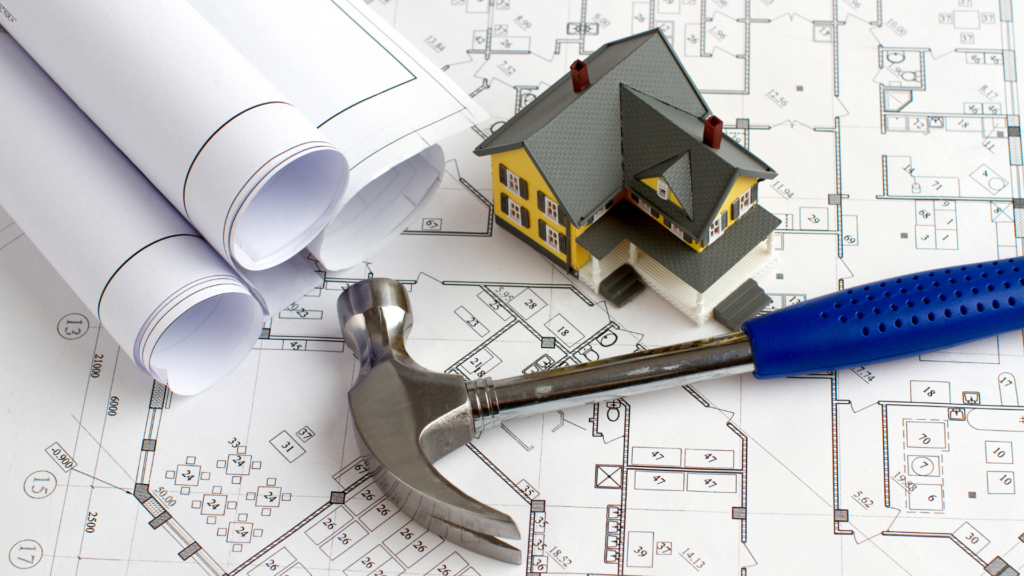
Property investment offers many opportunities, and depreciation is one of the most valuable tools for maximizing returns. While it might not sound thrilling at first, understanding how depreciation reduces your tax bill can be a game-changer. Therefore, don’t leave money on the table—here’s what you need to know to take full advantage.
What is Depreciation?
Simply put, depreciation is the process of accounting for the gradual loss in value of your investment property over time. Just like a car loses value after you drive it off the lot, properties also decline in value. Fortunately, the Australian Taxation Office (ATO) allows you to claim this as a tax deduction.
There are two main types of claims available:
1. Capital Works Depreciation (Division 43):
This applies to the building’s structure—walls, foundations, and roof. If your property was built after September 15, 1987, you can claim 2.5% of the construction cost annually for 40 years.
2. Plant and Equipment Depreciation (Division 40):
This covers items within the property, like appliances, carpets, and furniture. However, the rate at which these items can be claimed varies depending on their lifespan.
How Can Depreciation Improve Your Tax Return?
One of the biggest benefits of claiming these deductions is that it reduces your taxable income without needing additional spending. It’s a simple way to lower your tax bill, potentially increasing your refund.
For instance, if your rental income is $30,000 but you can claim $10,000 in depreciation, your taxable income drops to $20,000. This could lower your tax bracket and significantly reduce how much tax you owe. That’s extra money in your pocket!
How to Maximize Your Depreciation Deductions
Here are a few practical strategies to ensure you get the most out of your investment:
Get a Professional Depreciation Schedule:
Hire a qualified quantity surveyor to prepare a detailed report on your property’s deductible items. This ensures you’re claiming everything you’re entitled to. Find a qualified quantity surveyor.
Leverage Renovations:
Have you upgraded your property? You can claim depreciation on the new additions and even “scrap” the remaining value of the old items for an extra deduction.
Stay Organized with Records:
Maintain records of your property’s purchase price, renovation expenses, and item values. Accurate records are crucial when it’s time to file your tax return.
What to Keep in Mind
While depreciation offers excellent tax benefits, keep these factors in mind:
- Legislative Changes: Rules changed in 2017 regarding claims for second-hand plant and equipment in residential properties. If you’ve bought a pre-owned property, ensure you understand how these changes affect your claims.
- Capital Gains Tax (CGT) Impact: Depreciation reduces your property’s cost base, which can increase CGT liability when you sell. This trade-off is worth considering, especially if you’re planning a sale soon.
- Consult a Professional: Tax laws are complex. A tax advisor or accountant who specializes in property investment can help you maximize deductions while ensuring compliance with the ATO.
Final Thoughts
Understanding property depreciation is more than just a tax-saving strategy—it’s a way to maximize your investment returns. Whether you’re new to property investing or a seasoned pro, knowing how to leverage depreciation can boost your financial outcomes.
If you want expert advice on maximizing your returns, contact us at Quantum Buyers Agents. We’re here to help you navigate every step of your property investment journey.








